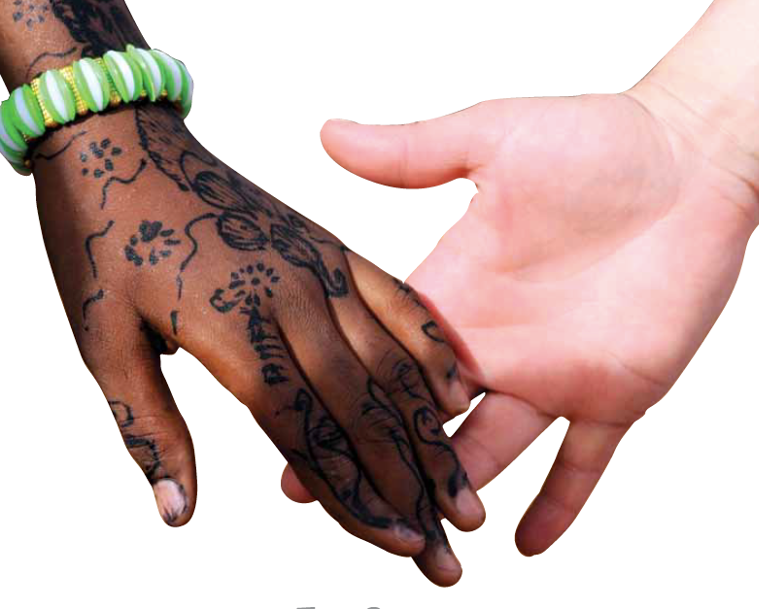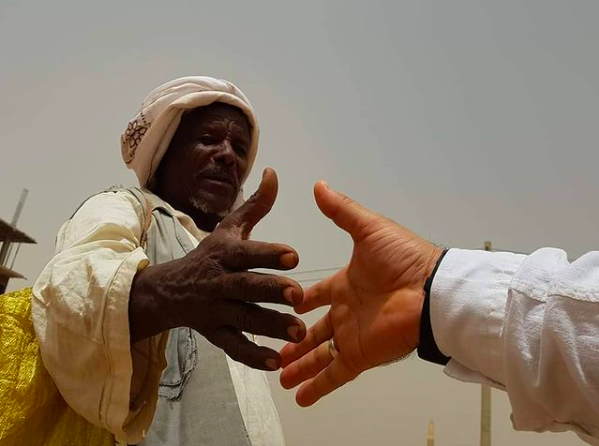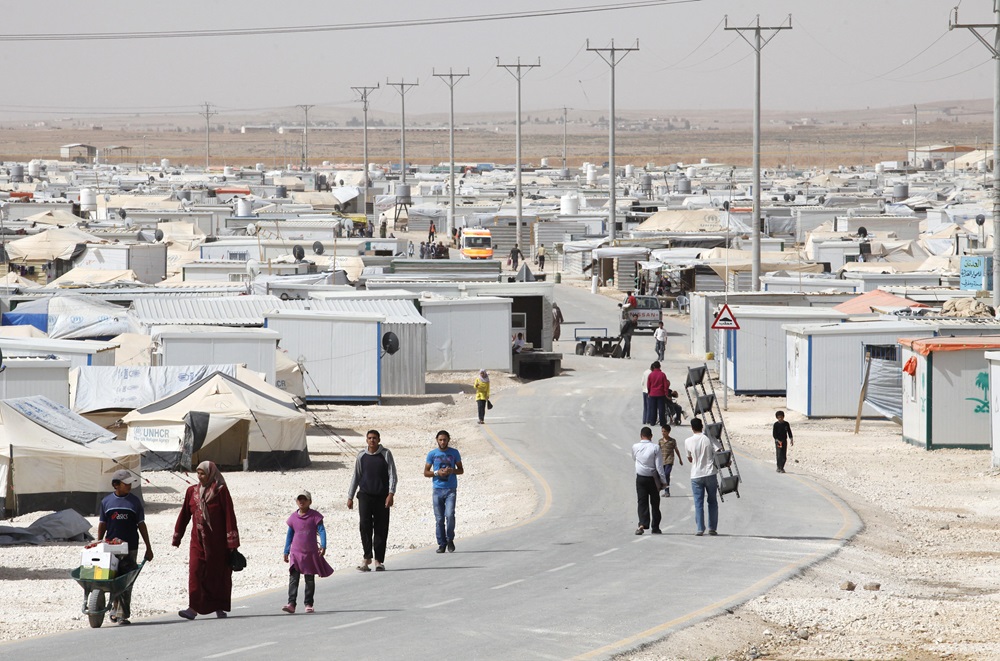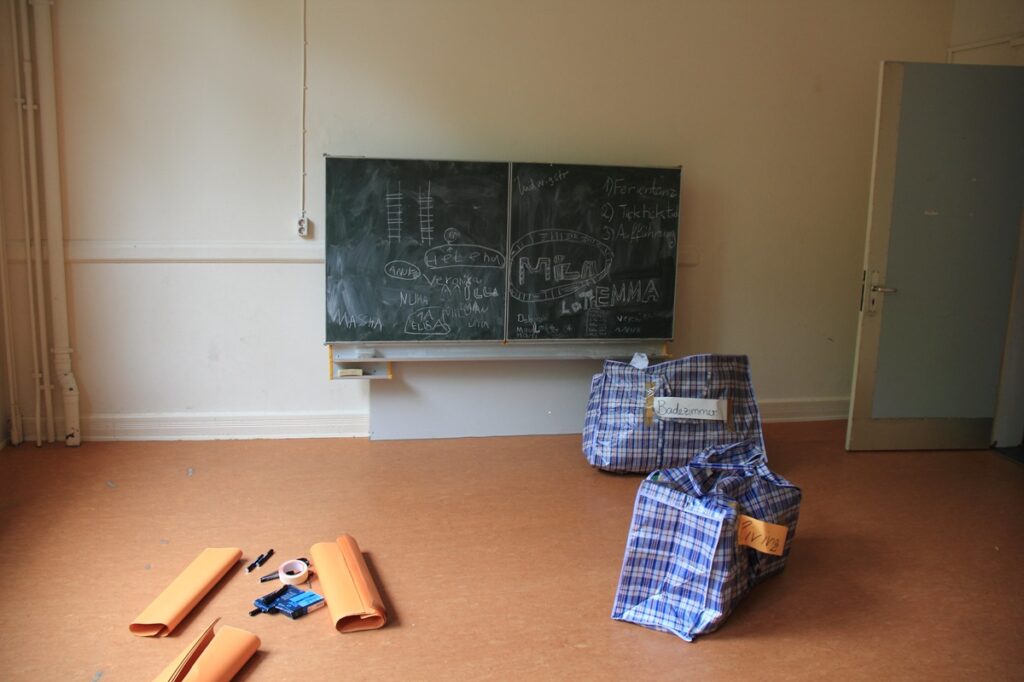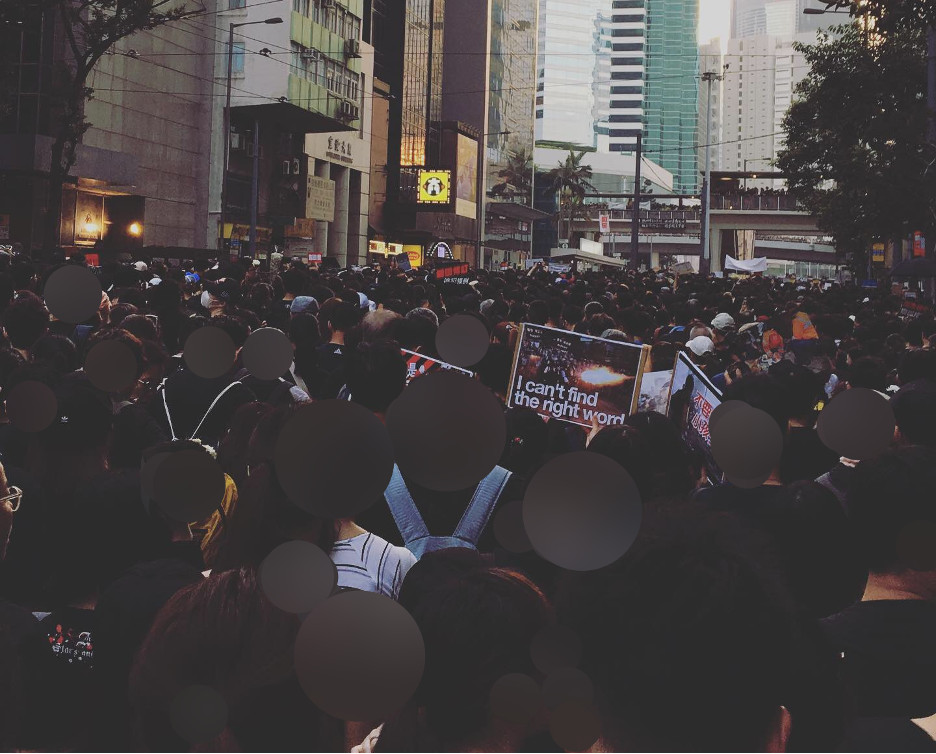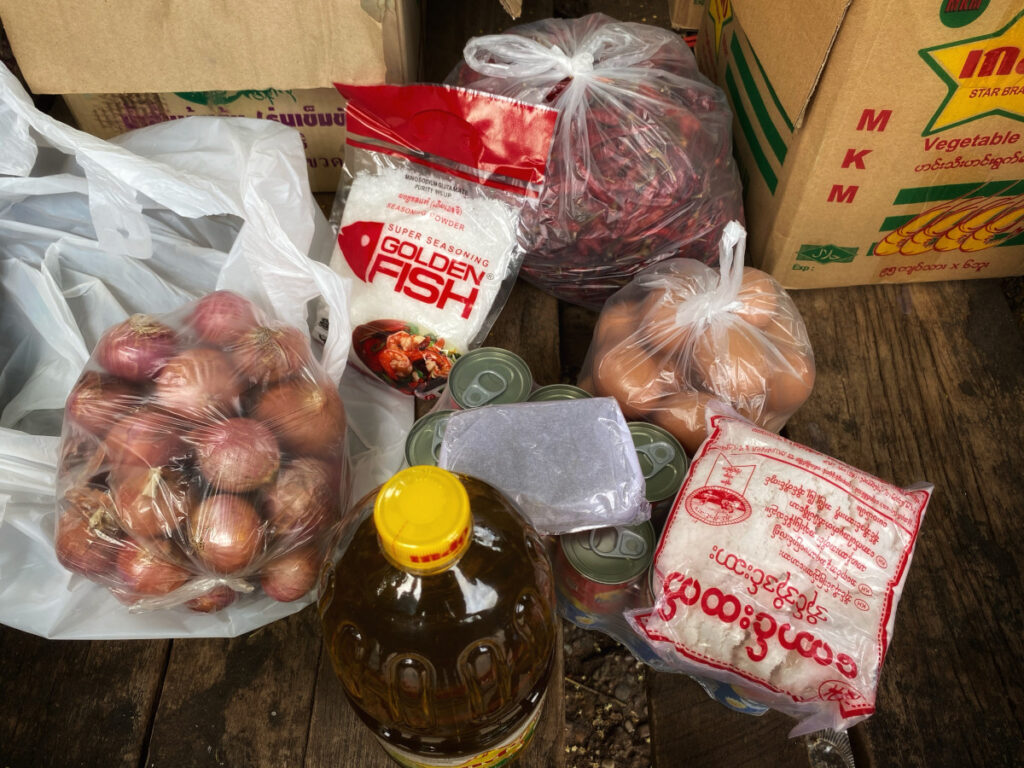
While explaining the origins of Gramsci’s definition of hegemony to an interviewer, the labour historian Michael Denning (2023) suggested taking a Jeopardy! approach to social theory, which is to say: “rather than try to define a term, give a term, and the question to which that term is the answer.” For the purposes of this short essay, I’ll begin with the term “humanitarianism.” If humanitarianism is the answer, the question is: why do you help someone who is not like you, who is also far away from you; what are the logics or the rationale underlying the imperative to organize help for distant others, for attempting to alleviate their suffering? As Malay Firoz and Pedro Silva Rocha Lima note in the introduction to this collection, when the question is posed this way, “the human” that forms the basis for much theorizing about humanitarianism is not a universal category, but a differentiated (and aspirational) one; in this formulation, “empathy for ‘distant others’ is not simply a moral calling but a politically filtered and calibrated gesture.”
What comes into view when we acknowledge that humanitarianism is premised on the idea of treating members of a suffering collective as if human? This is where the critical study of humanitarianism and its taxonomies of difference intervenes. To argue for a critical study of humanitarianism and its taxonomies of difference is not to normalize or ascribe normative status to humanitarianism as an Euro-American or Eurocentric mode of governance, profession, ethos, laws, or industry, but to denaturalize it as the primary category through which we understand the moral and political imperatives to help others along lines of or transversal to allegiance, affinity, solidarity, or difference. It is also to highlight the forms of difference upon which the field rests and operates, through which it is mobilized and that it produces.
Fechter and May, working at the Myanmar-Thailand border, observe local, grassroots efforts to assist internally displaced persons and refugees fleeing protracted conflict. They call for de-centring taxonomies of difference in “classical” humanitarianism—what Dorothea Hilhorst (2018) has defined as the “highly institutionalized form, often led by organizations from the Global North”—and to instead examine the taxonomies of humanitarianisms and the various affinities and inclusions associated with them. I understand them to also be asking: Can examining the lateral, vernacular or everyday forms of assistance during crisis help to (re)construct different genealogies, and therefore, a different critique, of the imperative to help, its social and political organization, its emergent and undergirding sodalities?
Based upon the insights provided in the other posts, I’d like to propose that reframing these locally organized acts of mutual aid and solidarity as ‘vernacular humanitarianism’ simply provincializes these acts as an (humanitarian) object of study. Using a sleight of hand deployed by Fechter and May, I wonder if it is perhaps more politically necessary to excavate and decipher not only vernacular humanitarianisms—if we must call them that – but also the humanitarian vernacular, revealed through our analyses of so-called classical humanitarian ideologies, organizations, practices, and discourses (cf. Pierre 2020, and her discussion of the racial vernacular of development). Doing so helps us to understand how humanitarianism organizes, institutionalizes, and builds upon existing ideas about ethics, labour, race, culture, religion, gender, family, and nation—and vice versa.
In her contribution on Turkish humanitarians working among Muslims in Africa south of the Sahara (a space racially coded as ‘Black Africa’), Güner provides a clear illustration of what attention to taxonomies of difference can offer. She details the discursive construction of Muslim whiteness in humanitarians’ accounts of their encounters with Black Muslims in Africa, highlighting the circulating narratives about their interpellation as ‘White Muslims’ by their African interlocutors (Güner 2023). Her contribution here not only reveals how “the racial logics of humanitarianism operate…in transnational contexts outside of the West,” but also how national racial projects and formations are constituted through humanitarian governmentality.
Within the humanitarian vernacular, taxonomies of difference (and affinity) are laid bare as operational categories within nongovernmental and state organizations, which are reproduced and experienced via everyday encounters with these entities. Ward, drawing on her research in Jordan and sociological theories of on-the-ground race-making, reveals how racialized constructions of the formal and informal classifications of aid workers as ‘international’, ‘expat’, ‘national’ and ‘local’,” organize everyday work of Jordanian freelance consultants. These expert consultants are ‘fast-fixers’ who, working on short timelines, are hired to edit and improve international consultants’ reports to donors. Fast-fixers are often former employees of humanitarian NGOs who have ‘maxed out of the local’ and into freelance work; for a range of reasons, including the limited mobility afforded by their passports, they do not move on/up and work abroad. These ‘local’ consultants insist that they are ‘true humanitarians’ because they have remained in place to help others, rather than hopping from place-to-place—a notable feature of humanitarian labour regimes (Redfield 2012; cf. Benton 2016). Ward ultimately outlines the humanitarian industry’s racial vernacular and how it is “deployed in ways that sustain racial thought, that index particular racial meanings, and that prescribe certain social and political practices” (Pierre 2020: 87).
In the work of Tsoi and Stuewe, respectively, Canada and Germany define their border and migration projects in terms of humanitarianism and human rights. Stuewe argues that Germany’s humanitarian approach to managing Yezidi refugees from Iraq prioritizes assimilation via conventional educative programming like language instruction, but also what historical anthropologist Ann Stoler referred to as the ‘education of desire,’ the curriculum highlighting German norms and values around family, kinship, and romantic love (“free partner choice”). The programming is experienced by Yezidi refugees as a violent erasure of their kin practices and, thus, an existential threat. Tsoi focuses on Canada’s relaxed immigration policy, in which a “democratic logic intersects with a capitalistic logic to control border mobility.” Specifically, the regime of mobility governing this policy is also a racial regime, in which democracy and capitalism are intertwined: Hong Kong diasporans in Canada are racialized as uniquely economically productive citizens. Incoming Hong Kong migrants are, thus, prospectively placed in the category of ‘productive labourers’, while the conferral of Canadian citizenship is the democratic intervention. Together, Tsoi and Steuwe show how border regimes, particularly when they are characterized as humanitarian, or as performing a humanitarian function, interpolate humanitarian assistance into exploitative and often violent, differentiating function of borders.
Each of these contributions helps us to understand the humanitarian vernacular and its ‘grammar’—how humanitarianism organizes, institutionalizes, produces and builds upon local, everyday notions of ethics, labour, race, culture, religion, gender, family, and nation. They also show us specific ways humanitarianism becomes vernacularized, organizing the scale and scope of helping economies; sustaining racial regimes that subtend international humanitarian organizational forms and local labour conditions; prescribing certain kinship practices and enabling border migration regimes that consolidate ideas about membership, belonging and humanity.
Adia Benton is an associate professor of Anthropology and African Studies at Northwestern University, where she is affiliated with the Science in Human Culture Program. She is the author of the award-winning book, HIV Exceptionalism: Development through Disease in Sierra Leone, and is currently writing a book about the 2014 West African Ebola outbreak.
References
Benton, Adia. “African expatriates and race in the anthropology of humanitarianism.” Critical African Studies 2, no. 3 (2016): 266–277. https://doi.org/10.1080/21681392.2016.1244956.
Denning, Michael. Interview by Daniel Denvir. Transcript, January 23, 2023. https://jacobin.com/2023/01/michael-denning-antonio-gramsci-prison-notebooks-theory-hegemony-class-organizing
Güner, Ezgi. “Rejoicing of the Hearts: Turkish Constructions of Muslim Whiteness in Africa South of the Sahara.” Africa 93, no. 2 (2023): 236–55.
Hilhorst, Dorothea. “Classical Humanitarianism and Resilience Humanitarianism: Making Sense of Two Brands of Humanitarian Action.” Journal of International Humanitarian Action 3, no. 1 (September 10, 2018): 15. https://doi.org/10.1186/s41018-018-0043-6.
Pierre, Jemima. “The Racial Vernaculars of Development: A View from West Africa.” American Anthropologist 122, no. 1 (March 2020): 86–98. https://doi.org/10.1111/aman.13352.
Redfield, Peter. “The Unbearable Lightness of Ex-pats: Double Binds of Humanitarian Mobility.” Cultural Anthropology 27, no. 2 (2012): 358–382. https://doi.org/10.1111/j.1548-1360.2012.01147.x.
Cite as: Benton, Adia 2024. “Humanitarian vernaculars (and the racial vernaculars of humanitarianism)” Focaalblog 20 November. https://www.focaalblog.com/2024/11/20/adia-benton-humanitarian-vernaculars-and-the-racial-vernaculars-of-humanitarianism/
